Troll army, cancel culture, being politically correct – new realities for brands
The troll army of social media has grown rapidly in the past few years and the brands are in constant attack by that army. In the social media universe, #ban and #boycott trends have become a daily threat to brand conversations and damage the reputation of brands. Unable to withstand the fury of aggrieved netizens, several brands have withdrawn their campaigns and given an open apology.
Unlike traditional media campaigns, monitoring and management of campaigns on digital platforms is a difficult task, owing to the variety of platforms and the ability of millions of users to engage with the content of the brand.
While in a few cases, brands do get their messaging and communication totally wrong and end up putting out tone-deaf advertisements that rightfully ruffle feathers. But in most cases, the public ire is unreasonable and smacks of fascism.
The trolls that we saw last year of WhiteHat Jr., Tanishq, Eros Now, Flipkart, and Kent RO show that such incidents are becoming more common by the day and the latest victims of this are FabIndia and Zomato.
Fabindia was recently trolled over Twitter with the hashtag #BoycottFabIndia after the brand rolled out its Diwali collection named ‘Jashn-e-Riwaaz’. Neitizens took to Twitter saying that it hurts the sentiments of Hindus and the words put up for celebration are not meant to celebrate the pure festival of Diwali.
Next in line was Zomato. The food delivery app bore the brunt of Twitterati after a service representative allegedly told a customer from Tamil Nadu to “learn Hindi” when reached over phone to complain about an item that was missing from his order.
While Fabindia was forced to pull down its advertisement for “hurting Hindu sentiments”, Zomato came up with an apology statement.
Brands have realised that the Audience is quite intolerant when it comes to caste and religion. So accordingly, the message that the brands put out has to be very refined and such that it doesn’t hurt the sentiment of any segment as such. For example, The Tanishq ad campaign - Ekvatam made headlines for all the wrong reasons. The ad description read, a beautiful confluence of two different religions, traditions, cultures," but social media did not agree. All the fuss led to the makers finally taking down the video. In a sensitive age like this, commercials like these can only face backlash. Even Titan's stock dropped within a day by 2.5% after the Tanishq ad controversy.
Bhavesh Talreja, Founder, Globale Media, opined, “We would not hold grudges on brands like Tanishq and Zomato for having pulled ads out because it’s contextual to the age we live in, and the society we live in. It’s important for brands to understand whether the ad was criticized by real people or was being criticized by trolls with an agenda, and that’s where brands need to take a call. Therefore, brands need to have a social media marketing understanding system, which is all about social media market intelligence. Companies and brand custodians need to be sensitive, so as not to needlessly offend any segment - but this also should not stop them from doing what is right in the larger context.
Speaking on whether a brand should pull down the advertisement, Piali Dasgupta, Senior Vice President – Marketing, Columbia Pacific Communities, said, “The problem is, most brands tend to give in to the pressure and withdraw their ads, issuing an apology. If, for a change, we have brands that stand by their communication (if they wholeheartedly believe that they have not been offensive or troublesome in their messaging, tone, tenor and visual), that would serve as an antidote to the boycott culture that’s steadily setting in India.”
Continuing further Dasgupta added, “However, it is always a good idea to test out your communication through a dipstick survey for smaller campaigns and an elaborate survey for larger campaigns with a lot more at stake. This will help get adequate unbiased, untainted perspectives from neutral parties who have nothing to do with your brand and business and will help brands assess the communication better. Brand managers and agency teams are so close to the brand that they can sometimes lose perspective, creating and approving communication that may seem inappropriate and problematic.”
According to Globale Media’s Talreja, “In reality, though, what is offensive and what is not will always be subjective; it will always boil down to emotions. And since some advertising and marketing strategies connect to people through their emotions, it will always be hard to not, in any way, offend someone. We live in a world where businesses are constantly under attack from online advertising trolls. It is therefore our responsibility to educate our clients on the situation and gravity of how it could affect their business.”
He further noted, “All companies live and thrive under a political system, and have an imperative to not only be correct but also appear to be politically correct. This is a business habit in India. Although there is no quantitative data to prove this, the fact is when the trollers start to cancel culture, it affects the image of the brand and eventually the image of the company. Political correctness with ad campaigns very much forms a part of brand strategy in India.”





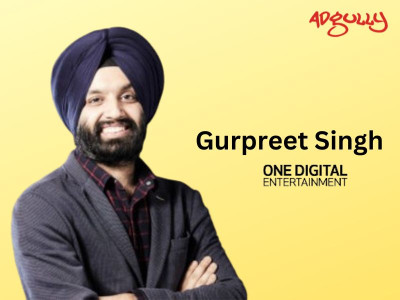
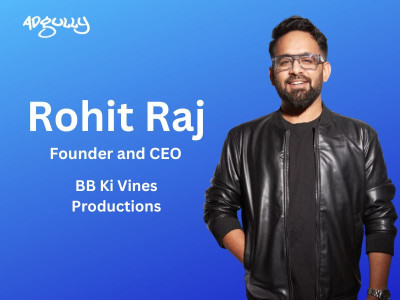

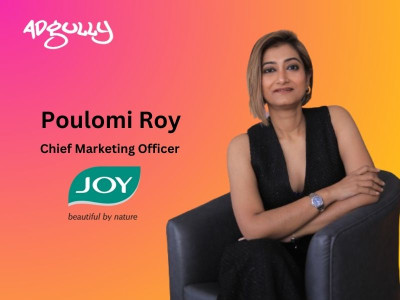

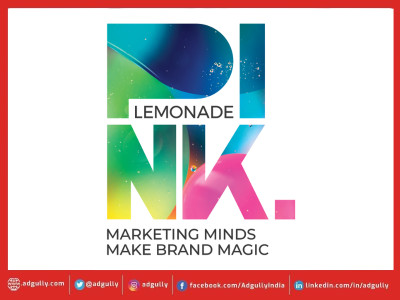
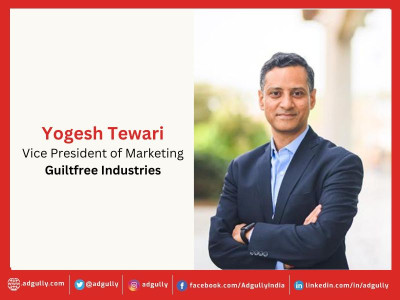
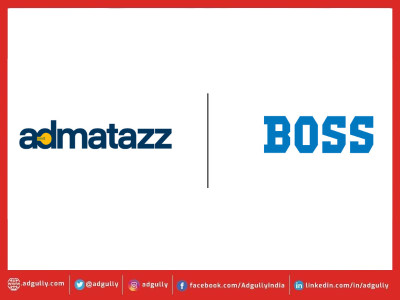
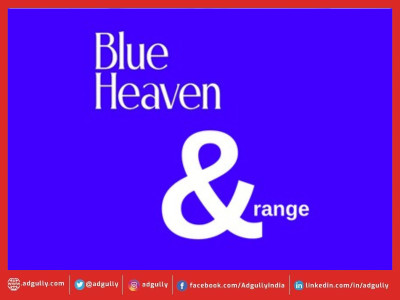
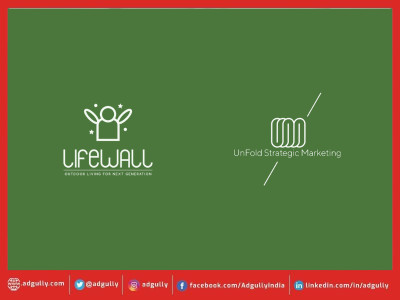


Share
Facebook
YouTube
Tweet
Twitter
LinkedIn